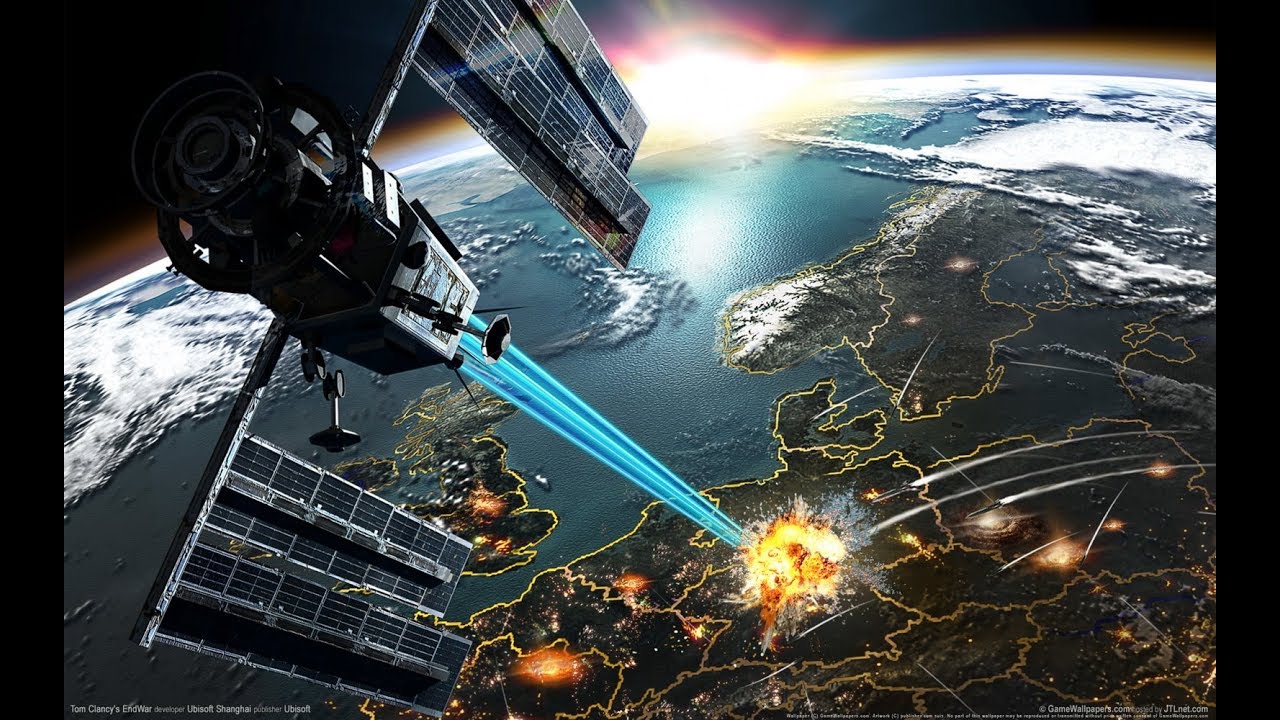Context
-
U.S. President Donald Trump has announced the creation of a “space force” or a sixth branch of the American armed forces.
-
America’s attempt to weaponize space goes back to Cold War era an example being the Strategic Defence Initiative of the Reagan Administration.
What is a Space Force?
- The Space Force will be a new department of the US military which Trump has described as “separate but equal”.
- According to the plan, the Space Force will comprise three units.
- The Space Command will be led by a four-star general to oversee warfighting operations.
- The Space Development Agency will identify and develop new technologies.
- The third unit is the Space Operations Force, made up of leaders and fighters for their expertise.
Why is this important for USA?
-
The intention is to see that the U.S. establishes and maintains dominance in space.
-
The purpose being to deny the Russians and the Chinese advantages in space.
-
There is exponential growth in China’s space military capabilities over the last two decades.
Opposition within USA?
-
What advantages it will bring to American war-fighting capabilities are still unclear.
-
U.S. Air Force — historically a major constituency and votary for space weapons — is not entirely enthusiastic about this new service, which could take resources away from it and the prestige
-
Adding another military arm would only compound the organisational challenges facing the U.S. armed services.
-
Objections have also emerged from within the Administration.
-
First, it could undercut ongoing missions
-
Second, it could very well increase budgetary allocations in the future.
-
Third, a space corps could undermine American efforts in the domain of joint warfare.
-
Nevertheless, the fundamental difficulty of a space corps is that the physical environment of space is not conducive to the conduct of military operations without incurring serious losses in the form of spacecraft and debris. And despite efforts to make spacecraft more fuel efficient, the energy requirements are enormous.
China and Russia’s responses
-
China has reiterated it opposes the weaponization of space. With a range of terrestrial interests in direct conflict with the Americans, Beijing will be in no mood to allow U.S. space dominance.
-
Russia has made it clear that it will vigorously take on the U.S. However, given its lack of the resources for competition, it will in all probability, for tactical reasons, align itself with China.
Implications for India
-
American military goals, which are still undefined in space, could still have consequences for India.
-
India is officially committed to PAROS, or the prevention of an arms race in outer space, it is yet to formulate a credible official response
-
India has yet to establish a credible space command of its own.
Way forward
-
India should come out with an official white paper on space weapons.
-
The government needs to engage with multiple stakeholders directly about the role space weapons will play in India’s grand strategy. More than their war-fighting attributes, space weapons have one principal function — deterrence.

Source: